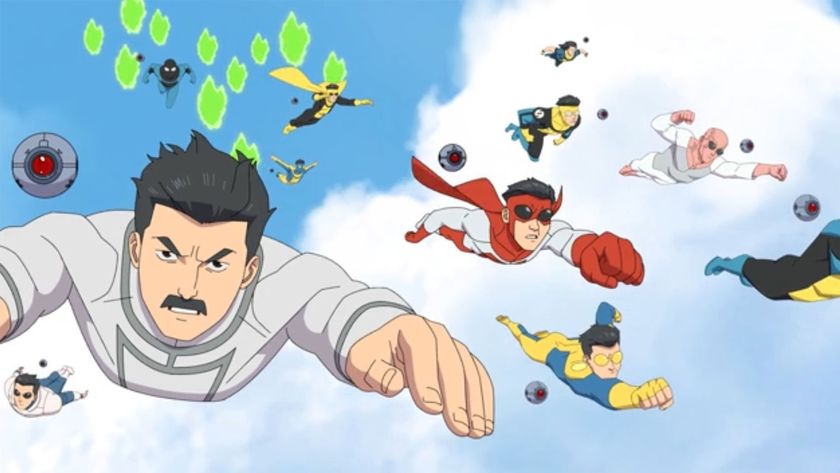Is It Just Me... Or Do Viral Marketing Campaigns Suck?
If a film's good enough it should sell itself

In 1920 Charles Ponzi gave his not-so-good name to a nefarious scam that involved conning investors into recruiting their friends with the promise of trickle-down riches that never materialised.
Illegal, not to mention immoral, it was the first example of viral marketing – the STD of advertising – and ever since the advent of the internet Hollywood has been following Ponzi’s queasy lead.
The first issue here is not one of principle, but of practice: most viral campaigns are lazy, frustrating and banal.
Cloverfield fact-ferrets were rewarded with a Crazy Frog-style roaring ringtone and adverts for a soft drink called Slusho – that’s right folks, product placement for something that doesn’t even exist.
It’s all part of a “meta-story”, explained director Matt Reeves – a euphemism for “a big old load of bollocks”.
After an eons-long online binary countdown, the Tron Legacy viral campaign climaxed with the – cue Comic Book Guy voice – Worst. Premiere. Ever.
Having applied for Willy Wonka-style golden tickets, fans queued for hours at the London Imax to be rewarded with a ropey two-minute promo and a free t-shirt.
Sign up for the Total Film Newsletter
Bringing all the latest movie news, features, and reviews to your inbox
Frankly, the phrase “you really shouldn’t have” doesn’t even begin to cover it.
Making geeks excited about something is like shooting tubby fish in a skinny barrel, but except for the – extremely rare – Blair Witch Project , most viral marketing just doesn’t work.
The “digital dailies” for animated adventure Delgo (no? Us neither) didn’t exactly set the box office alight – the film netted an astonishingly shit $511,920 from 2,000 cinemas (a dozen viewers per screening).
Meanwhile the world and its dad flocked to The Dark Knight not because of the fake websites and facile scavenger hunts, but because it was a rock- solid 70-year-old franchise fronted by a peerless director featuring an embarrassment of A-listers all wrapped up in shimmering CG brilliance.
“At the end of the day, this movie stands on its own, to be a movie,” says Cloverfield ’s Reeves. Or, to put it more succinctly, good films sell themselves.
Viral marketers want to bottle word of mouth like so many cans of Slusho, but it leaves a bitter taste because the motivation is always money, not love.
In one of the most egregious viral flubs so far, Universal mobilised sci-fi fanboys to talk up Joss Whedon’s Serenity on the cheap.
When the film flopped, the studio sued them for using its copyrighted images (the fanboys countersued for unpaid promotional work).
Not only is this unspeakable behaviour actually damaging to the films themselves, it’s exactly the kind of fuck-lazy thinking that got Hollywood to the point where it needs gimmicks to palm off its second-hand shit as stardust.
After all, selling people something that they don’t really want may be a skill, but so’s daylight robbery, right Charles? Or is it just me?
VOICES OF REASON
Jane Crowther
Done well, viral campaigns can out-strip the thrill of finished product. The fan-made trailers and poems devoted to Snakes On A Plane that actually got the film into production was so much more entertaining than the actual flick. Bring it!
Richard Jordan
Yes, it may be motivated by money, but the clue is in the word ‘marketing’. Studios have to try to sell their films – deal with it. And OK, so films like The Dark Knight might sell themselves, but at least that viral showed a bit of creativity in the buzz-building and gave fans something to get involved with.
Matt Glasby is a freelance film and TV journalist. You can find his work on Total Film - in print and online - as well as at publications like the Radio Times, Channel 4, DVD REview, Flicks, GQ, Hotdog, Little White Lies, and SFX, among others. He is also the author of several novels, including The Book of Horror: The Anatomy of Fear in Film and Britpop Cinema: From Trainspotting To This Is England.

















